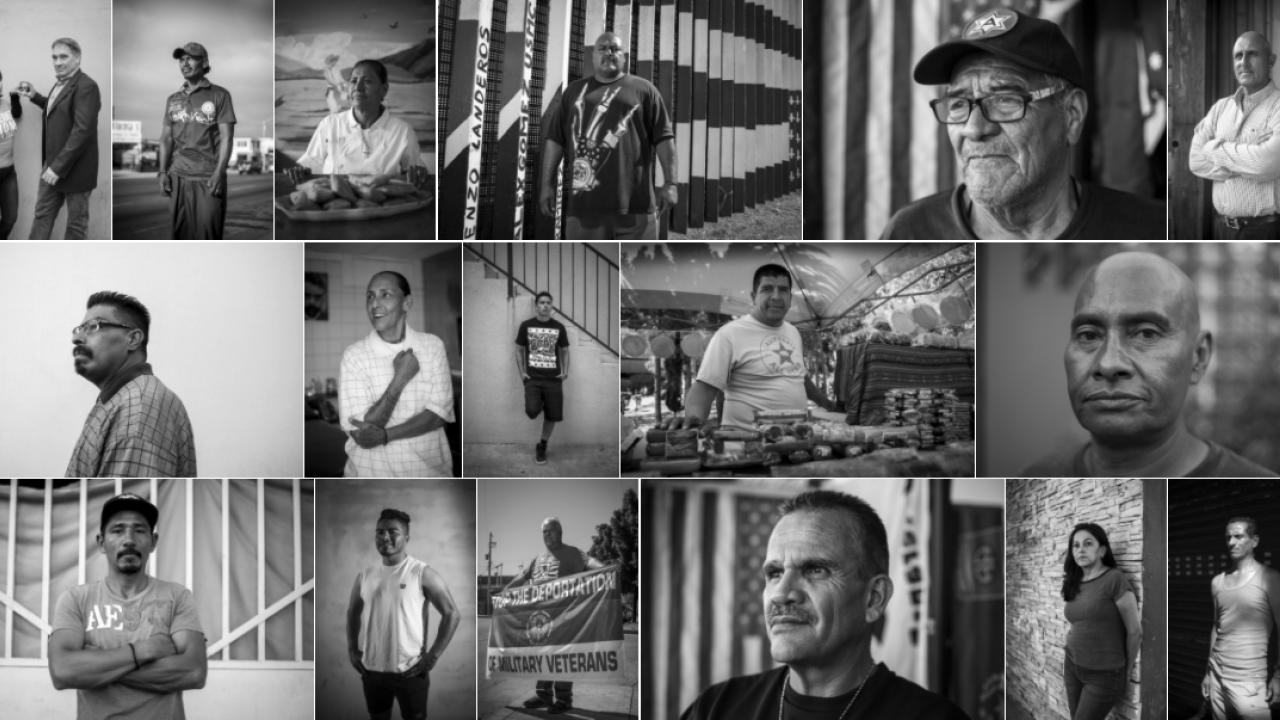
Humanizing Deportation: The Faces of Contemporary Migration
By Leigh Houck, UC Davis News
"Robert Irwin, a professor at University of California, Davis, has been working on a community-based digital storytelling project, Humanizing Deportation/Humanizando la Deportación, since 2016. Irwin, a professor of Spanish, and teams of UC Davis graduate students, as well as collaborators from several Mexican institutions, have carried out fieldwork all over Mexico and California, facilitating the production of hundreds of personal stories on issues relating to deportation.
The project website describes their mission and contains over 300 digital stories of more than 250 different people. These testimonial audiovisual shorts focus on the issues that migrants want to highlight regarding their experiences and their thoughts on the contemporary phenomenon of mass deportation. The archive also has incorporated stories of migrants in transit through Mexico, such as Central American refugees who risk deportation upon arrival in the U.S. as well as while traveling through Mexico.
In 2019, a Strategic Communications video crew from UC Davis accompanied Irwin and his team on one of their trips to Mexico. They created a documentary on the project, delving further into several migrants’ stories and illustrating the continuing effects of heightened border securitization and deportation in both the United States and Mexico.
Migrants talk about their attempts to make a new life in the country they’ve been sent back to, or of their living with the risk of deportation. Some repatriated Mexicans have no memory of their “homeland,” and for many Spanish is their second language. While many have found jobs and reorganized their lives, others are living in homeless shelters or on the streets of Tijuana, many miles from their true homes of San Diego, Los Angeles, or other cities. Many feel they live in danger every day."
Read the full story at the UC Davis News website.